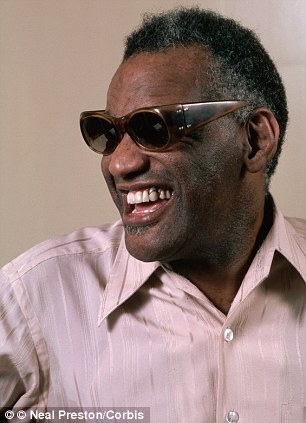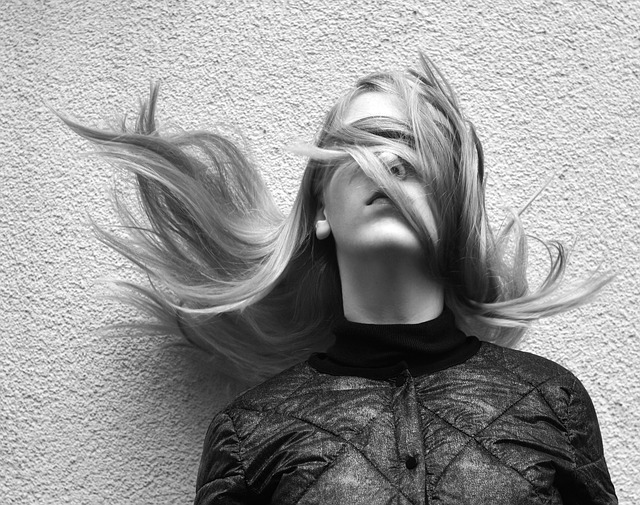
By Eric Van Buskirk
When Blind people are portrayed in the media they are mostly seen with a pair of dark sunglasses. Actually, wearing sunglasses is not so common for blind people, and the media is really where this stereotype stems from. Yes, there are some blind people who wear dark sunglasses, but the vast majority of them do not or at least do not on a regular basis or when they’re indoors.
Example Stereotypes from Movies
Here are some examples of movies that portray this bias:
One of the most famous examples is Daredevil, a movie based on the comic book character of the same name, who is a blind lawyer by day and a vigilante by night. He wears red sunglasses to hide his eyes, which are scarred from a childhood accident that also gave him enhanced senses.
Another example is The Book of Eli, a movie set in a post-apocalyptic world, where a lone wanderer named Eli protects a sacred book that contains the secrets to saving humanity. He wears dark sunglasses throughout the movie, and it is revealed at the end that he is blind.
A third example is Blind Fury, a movie about a Vietnam veteran who is blinded by a grenade explosion and trained by a local tribe to become a master swordsman. He wears sunglasses to conceal his blindness and uses his sword as a cane.
A fourth example is See No Evil, Hear No Evil, a comedy about two men who witness a murder, one of whom is blind and the other deaf. The blind man wears sunglasses as part of his disguise, but they often fall off or get knocked off, leading to hilarious situations.
How Sunglasses Really Matter to The Bline
Nine out of ten blind people have some form of remaining vision. Only one out of ten blind people see absolutely nothing at all and they’re typically born like that or have had to have their eyeballs removed due to something like ocular cancer.
There are times when a blind person’s eyes are so light sensitive that they can’t control them anymore and they will force themselves to shut their eyes. Or, they will increase blinking so it is very rapid to try to fight and keep their eyes open. They may even hear a vibrating sound in the ears and feel a pulling sensation through the temples when photophobia or eye pain from sensitivity to light gets very, very bad.
That’s why for the most many blind people choose to wear dark sunglasses when outdoors or when in an environment that might be very bright. If the person is in a building that has very large windows that’s letting in a lot of daylight, daylight tends to be what causes photophobia the most. Photophobic doesn’t occur from synthetic lights usually.
Another reason that are less common are that people who are blind from birth have never learned to track their eyes. For those that did have sight at birth, you can tell that they’re looking right at a camera. They’re moving their eyes around as they speak like a sighted person usually would and that’s because they lost vision later on in life.
For people who are born totally blind, they generally don’t learn to eye track or look people in the eyes. If this is something they are self-conscious about (which there really isn’t any reason to be) they will choose to wear dark sunglasses to conceal so that nobody can see that they aren’t tracking or that they are not looking at the person when the person is talking to them.
Many blind people use flip around view finders, which are slightly off-centered to their camera, to record video. To keep themselves in focus, they look slightly off-camera, which apparently bothers viewers. This is one reason they wear sunglasses.

Some in the blind community are upset when sunglasses are worn to make sighted people feel more comfortable. Another, which is also a little upsetting is due to what is referred to as a lazy eye. One eye doesn’t point in the same direction as the other but got corrective surgery for. Because he or she thinks that that will make people uncomfortable looking at their face, they’ll wear dark sunglasses to hide it.
It may not be because of being personally self-conscious, but so that other people don’t feel uncomfortable. That’s a reason some in the blind community don’t like it. If someone is shaking their eyes and it makes you uncomfortable, that’s basically “your problem” because they may be okay with it. They don’t care that their eyes shake and it’s not a big deal too, so they won’t hide because it upsets other people. Do people really have to change who they are just because it bothers somebody else?
Should women NOT wear leggings because other people don’t like that they wear leggings? If someone doesn’t like wearing leggings, they won’t wear leggings: that’s the equivalent. Having said all this, it’s clear that the “hiding” is not common!
